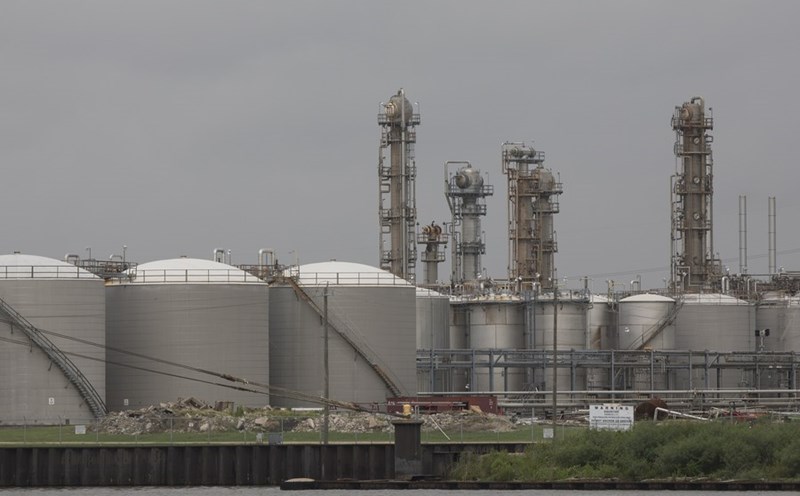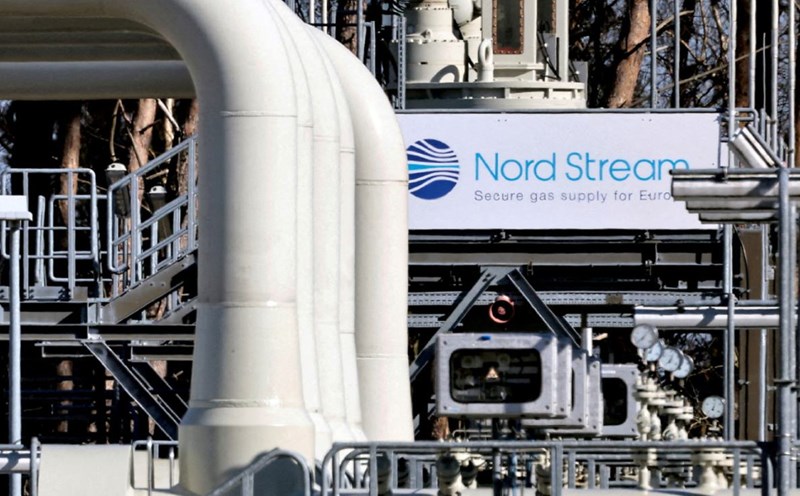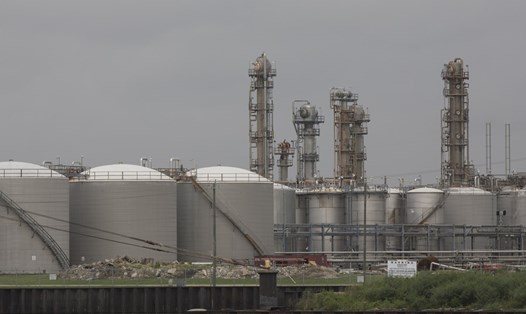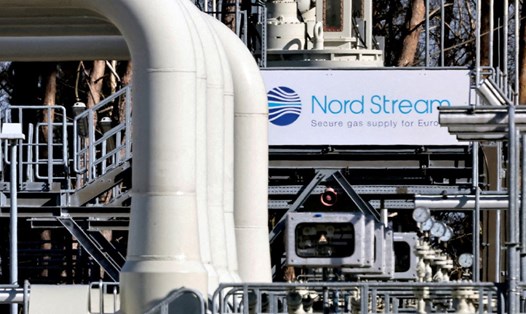The US LNG industry is sending urgent warning signals to the Trump administration, saying it cannot comply with the country's new regulations forcing the use of transport ships, directly threatening the $34 billion exports per year.
The Financial Times cited the corridor mobilization letters sent to the government by the American Petroleum Institute (API) last week as saying that the regulations announced by US Trade Representative Jamieson Greer on April 17 could disrupt the "energy governance" agenda that Mr. Trump had set as a strategic priority.
The new regulation requires LNG shipments to gradually use ships built and flying US flags over the next 22 years. However, API insists the LNG industry cannot comply with the demand at all.
Currently, the US does not have any domestically built LNG ships that meet the standards for liquefied petroleum transportation, nor does it have the excess capacity at shipyards to complete before the deadline of 2029. The ships in use are mostly Chinese. This reality makes businesses worried about disruption of the supply chain and increasing transportation costs to uncontrollable levels.
Under the new regulation, the US will start charging Chinese gas ship owners and operators a fee of $50 per net ton ( Starting after 180 days) and continue to increase by $30 per year for the next 3 years.
If it does not meet the regulations, the government has the right to suspend the LNG export license - a dangerous blow to the ambition to maintain the US's position as the world's number one energy power.
This regulation is creating a wave of fierce movement from export industries, from oil and gas to agricultural products.
If left unchecked, the policy would not only increase transportation costs but also "disrupt a balanced supply chain and reduce US competitiveness globally," the API warned.
There needs to be more feasible and sustainable policies to protect consumer interests and strengthen the energy strength of the US, emphasized Aaron Padilla, Vice President of Corporate Policy at API.
Mr. Charlie Riedl, CEO of the LNG Center, warned that these measures could break long-term contracts, push up gas prices for global customers and threaten the US's number one position in the LNG export industry. "We have urgently requested the exclusion of LNG ships from the new regulation," he said.
After surpassing Australia in 2023 to become the world's largest LNG exporter, the US is exporting an average of 338 million cubic meters per day - enough to meet the total gas demand of Germany and France combined. This industry even plans to double export output by the end of the decade.











